
PhD, Postdoc & Fellowship scholarships, research tips & more 📚 Stay updated & subscribe for exclusive premium content
Promotion: support@scholarshipforphd.com
6 subscribers
How to get URL link on X (Twitter) App

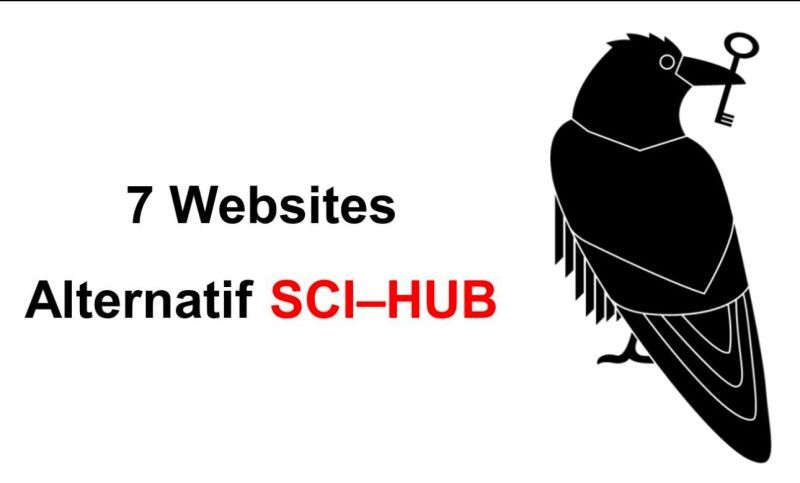
 👉 Unpaywall --> https://unpaywall. org/
👉 Unpaywall --> https://unpaywall. org/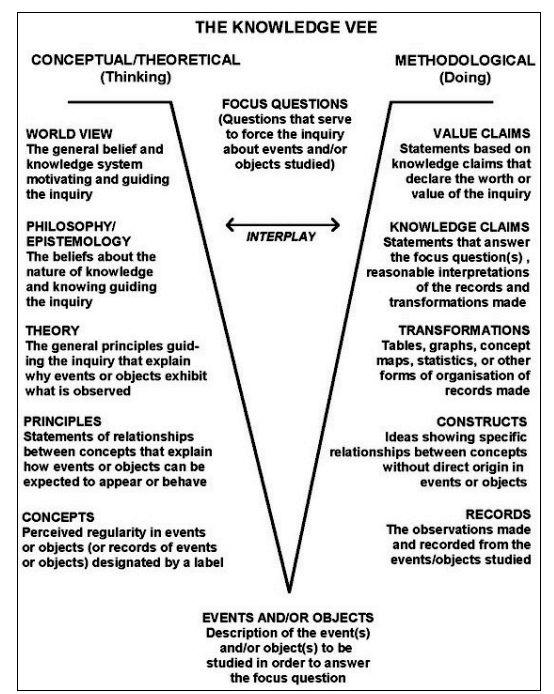
 Focus Questions
Focus Questions
 1. Start with the Key Message
1. Start with the Key Message 
 1. Definitions
1. Definitions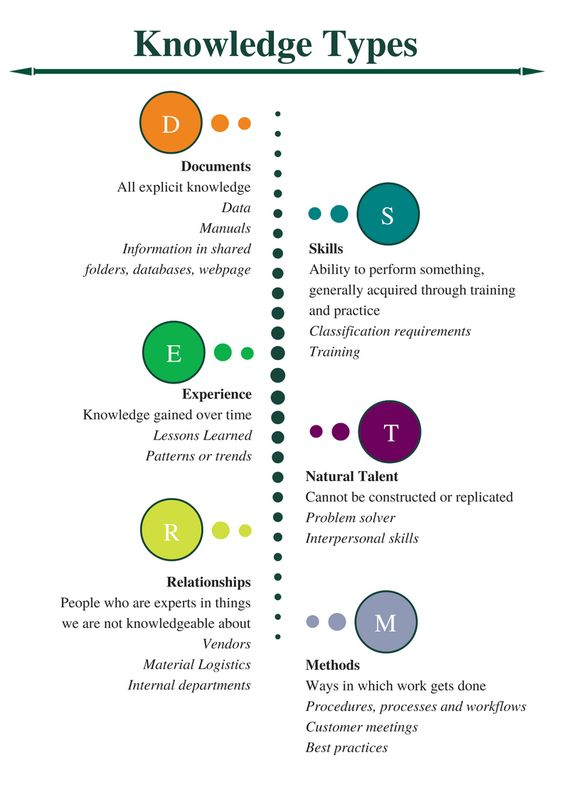
 1/ Documents (D): Explicit Knowledge
1/ Documents (D): Explicit Knowledge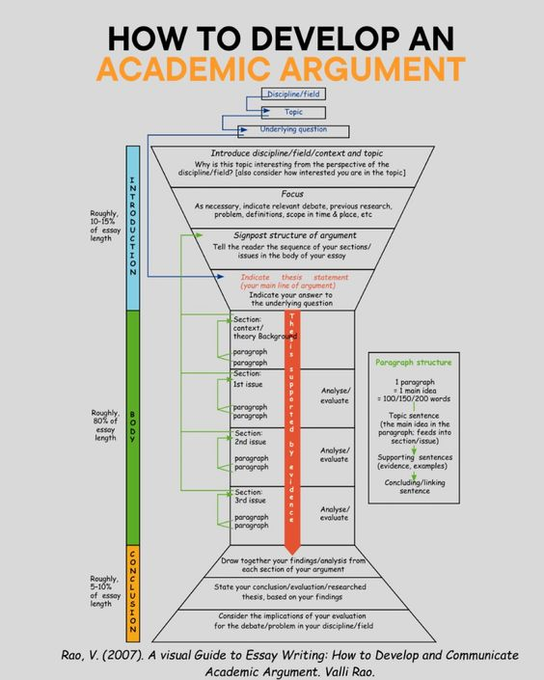
 1. Start with Discipline & Context
1. Start with Discipline & Context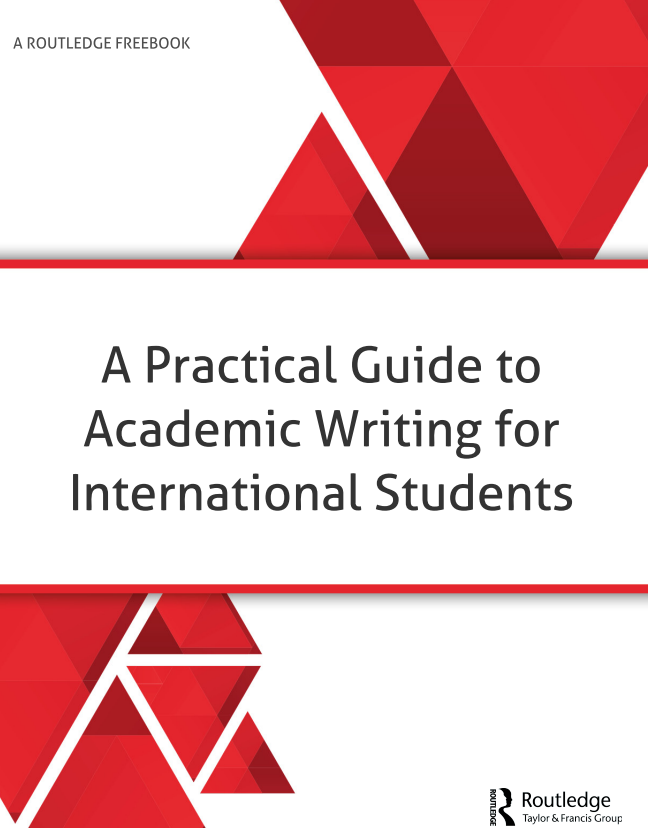
 The 4 Core Types of Academic Writing:
The 4 Core Types of Academic Writing: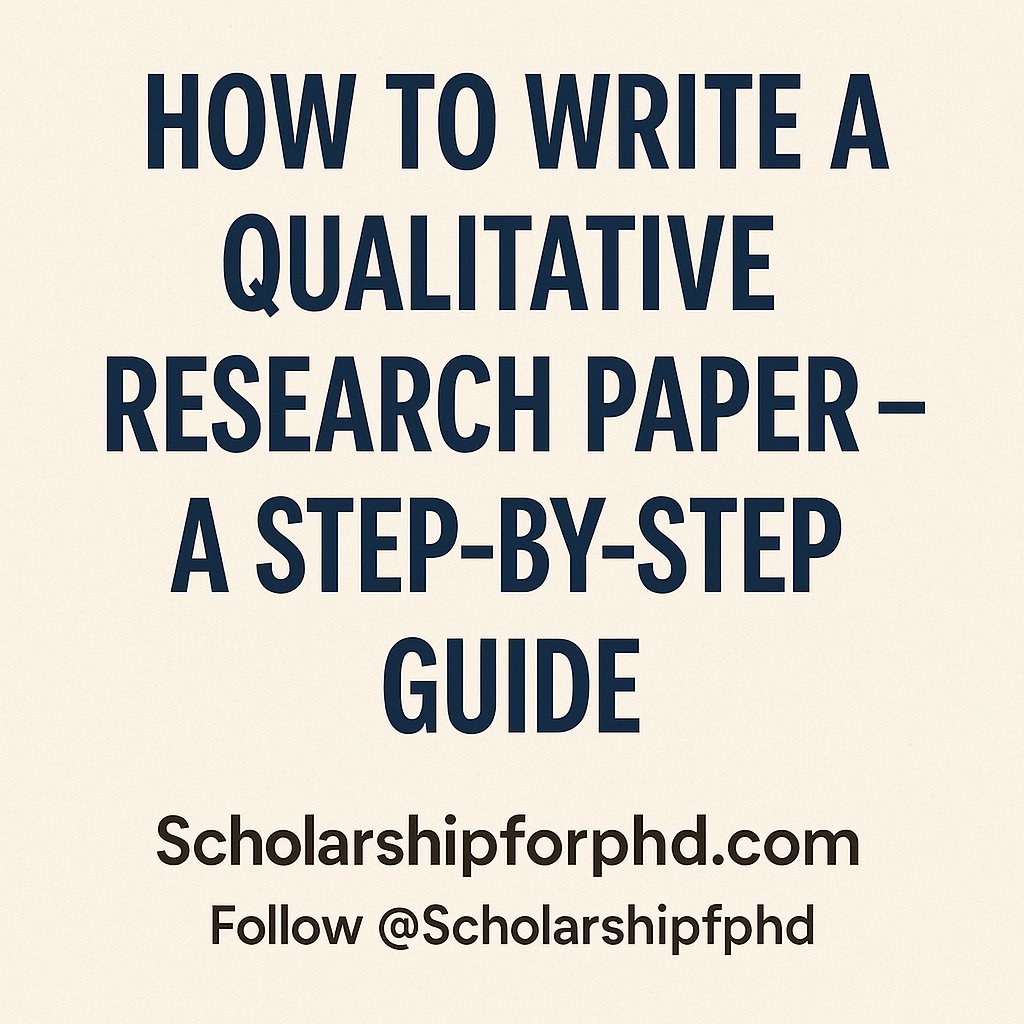
 1. Title: Hook Your Readers
1. Title: Hook Your Readers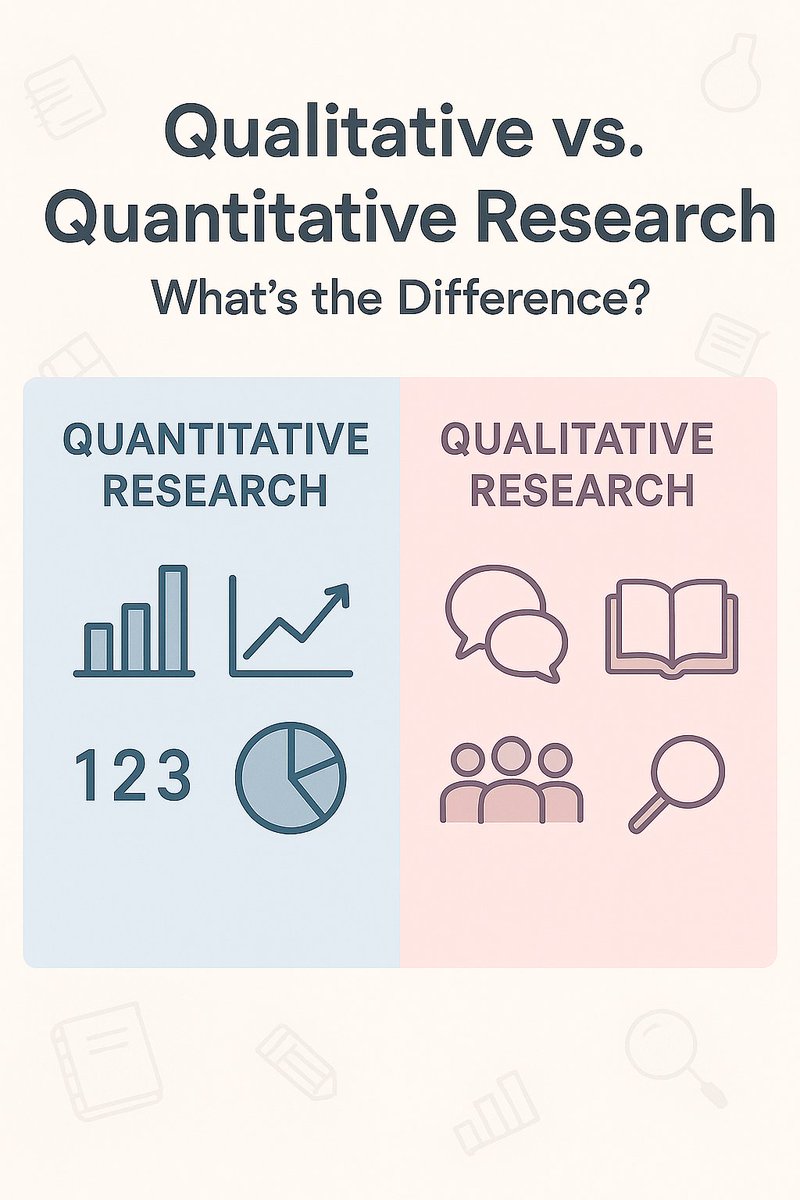
 1. Definitions
1. Definitions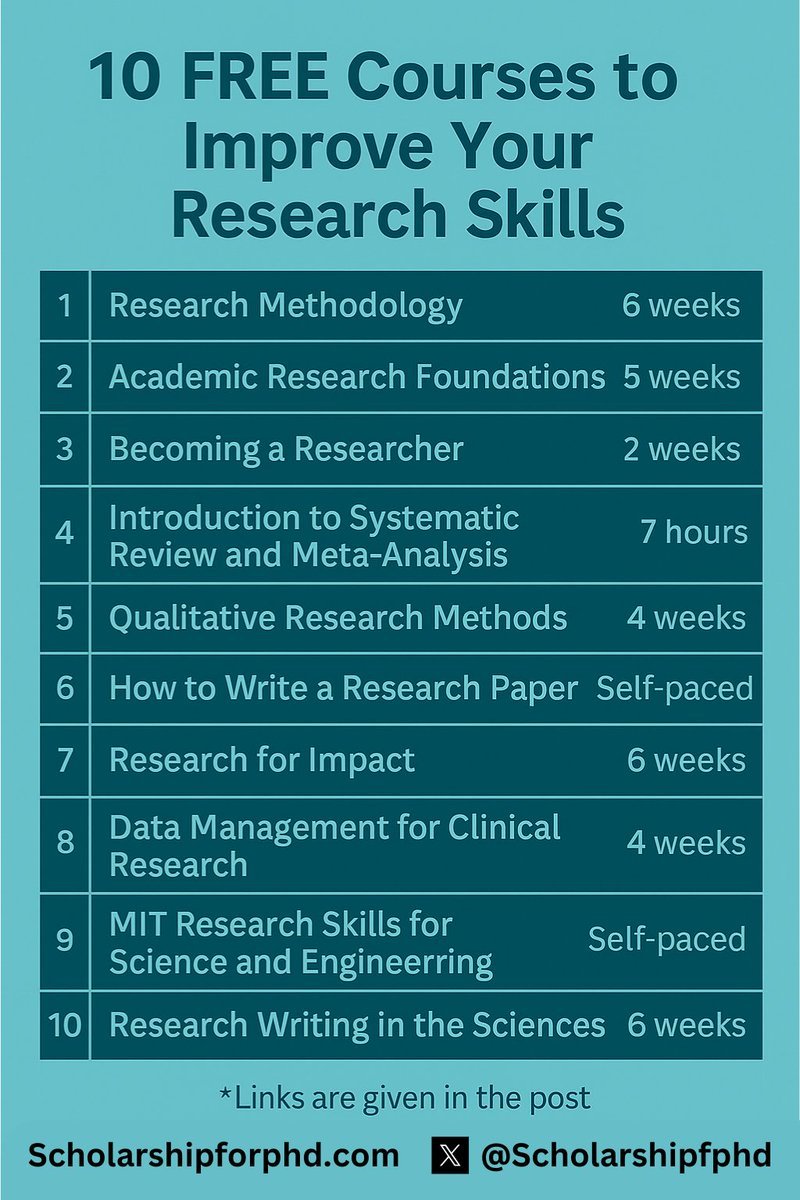
 1. Understanding Research Methods – University of London (Coursera)
1. Understanding Research Methods – University of London (Coursera)
 4. You have a good opportunity now.
4. You have a good opportunity now.